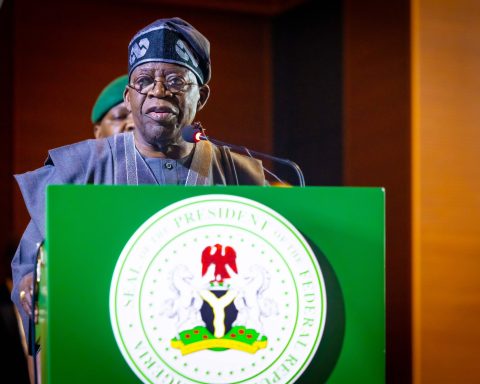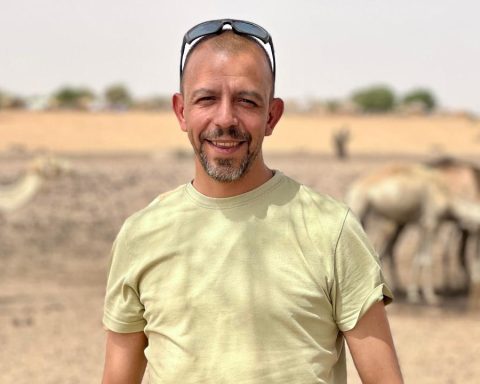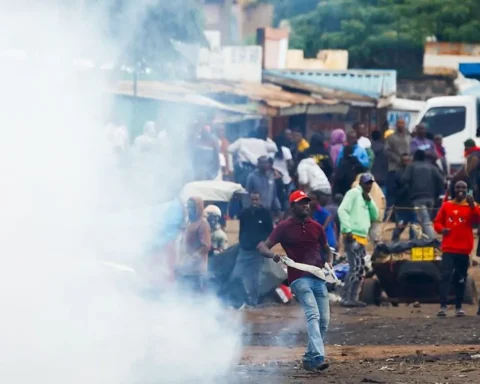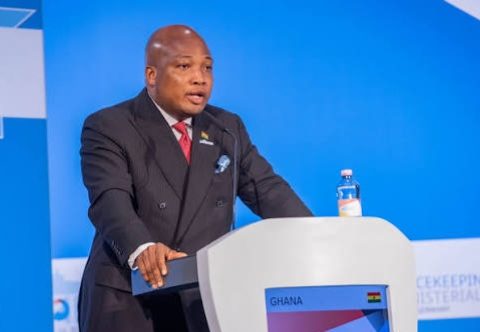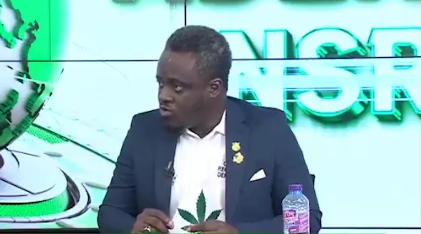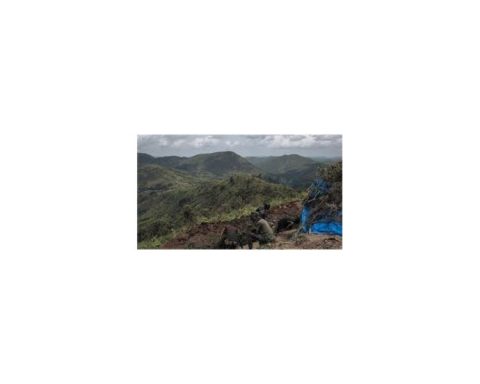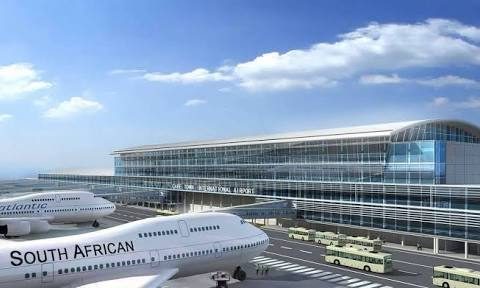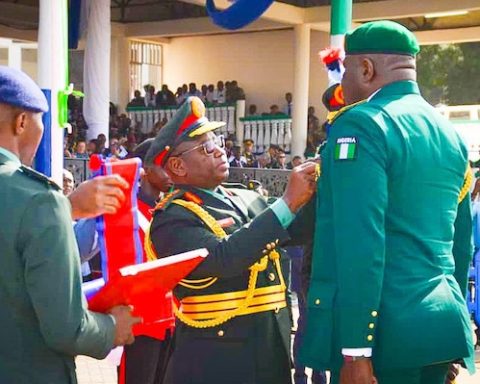The Central African Republic (CAR) will hold general elections on December 28, 2025, following months of delays amid rising political tensions and fragile security.
The confirmation came earlier this week from the country’s Minister of Territorial Administration, Bruno Yapande, who announced that presidential, parliamentary, regional, and municipal elections will all take place on that constitutionally mandated date.
Join our WhatsApp Channel“December 28 is a constitutional date. It cannot be questioned. All measures have already been taken. We will soon proceed to order electoral materials,” Yapande emphasized, said, according to a report by Xinhua.
This election marks a critical juncture in the nation’s turbulent political history, coming five years after the last general elections and just two years after a controversial constitutional referendum removed presidential term limits and extended terms from five to seven years. President Faustin-Archange Touadéra, who was first elected in 2016 and re-elected in 2020, declared his intention in July to run for a third term, a move that has been widely criticized by opposition leaders and civil society groups.
His candidacy is legally possible under the new constitution, but opponents argue it undermines democratic norms and consolidates power in the executive branch.
Yapande emphasized that the December 28 date is fixed by the country’s constitution and, therefore, not subject to further postponement.
He noted that preparations for the elections are well underway, including efforts by the National Electoral Authority to update the voter register. As of mid-August, approximately 2.3 million voters are registered nationwide, with the final list of eligible voters expected to be published on August 29.
“The electoral process is progressing rapidly. Roughly 2.3 million voters are registered, with publication of the final electoral list expected August 29,” Yapande stated.
The voter registration drive has included over 700,000 new enrollees, suggesting a higher level of public engagement compared to previous elections. According to Africanews repor, the registration drive added 749,000 new voters, indicating a surge in civic participation.
Despite progress in organizing the vote, the electoral process has not been without controversy or logistical challenges. Opposition parties have raised concerns about the transparency of voter registration, access to polling stations in remote areas, and the general preparedness of the electoral authority.
READ ALSO: Local elections chance to advance peace in Central African Republic: UN envoy
Some critics have warned that the simultaneous holding of four elections—presidential, legislative, regional, and municipal—could overwhelm the already limited capacity of CAR’s administrative infrastructure. Africanews also noted that local and municipal elections, initially planned for the end of August, have now been pushed to December in order to align with the general elections.
Security also remains a significant concern. Although President Touadéra’s government has been credited with improving stability in key parts of the country, large areas remain under the control or influence of armed groups. Just last month, over seventy fighters from the Union for Peace in the Central African Republic (UPC) and the Return, Reclamation and Rehabilitation (3R) rebel groups voluntarily disarmed and were demobilized under the supervision of the United Nations Multidimensional Integrated Stabilization Mission in the Central African Republic (MINUSCA).
A peace agreement signed on 19 April 2025, led to the official dissolution of the 3R and UPC armed groups in a ceremony held in Bangui, the country’s capital on 10 July 2025.
Since gaining independence from France in 1960, the Central African Republic has experienced repeated cycles of political instability, military coups, and civil conflict. The most recent major crisis erupted in 2013, when a coalition of mostly Muslim rebel groups known as Seleka overthrew the government, prompting a violent backlash from Christian militias known as anti-Balaka.
The ensuing sectarian conflict led to thousands of deaths and massive displacement, eventually drawing in international peacekeepers and sparking a peace process that remains incomplete.
Touadéra’s first term was marked by efforts to restore state authority and implement a fragile peace agreement with armed groups, but his government has often relied on foreign security assistance, notably from Russian military advisors and mercenaries associated with the Wagner Group. While this support has helped stabilize some areas, it has also drawn criticism from Western governments and human rights organisations concerned about foreign influence and allegations of abuses.
The December elections will therefore serve as a referendum not just on Touadéra’s leadership, but also on the viability of democratic governance in a country still emerging from the shadow of conflict.


